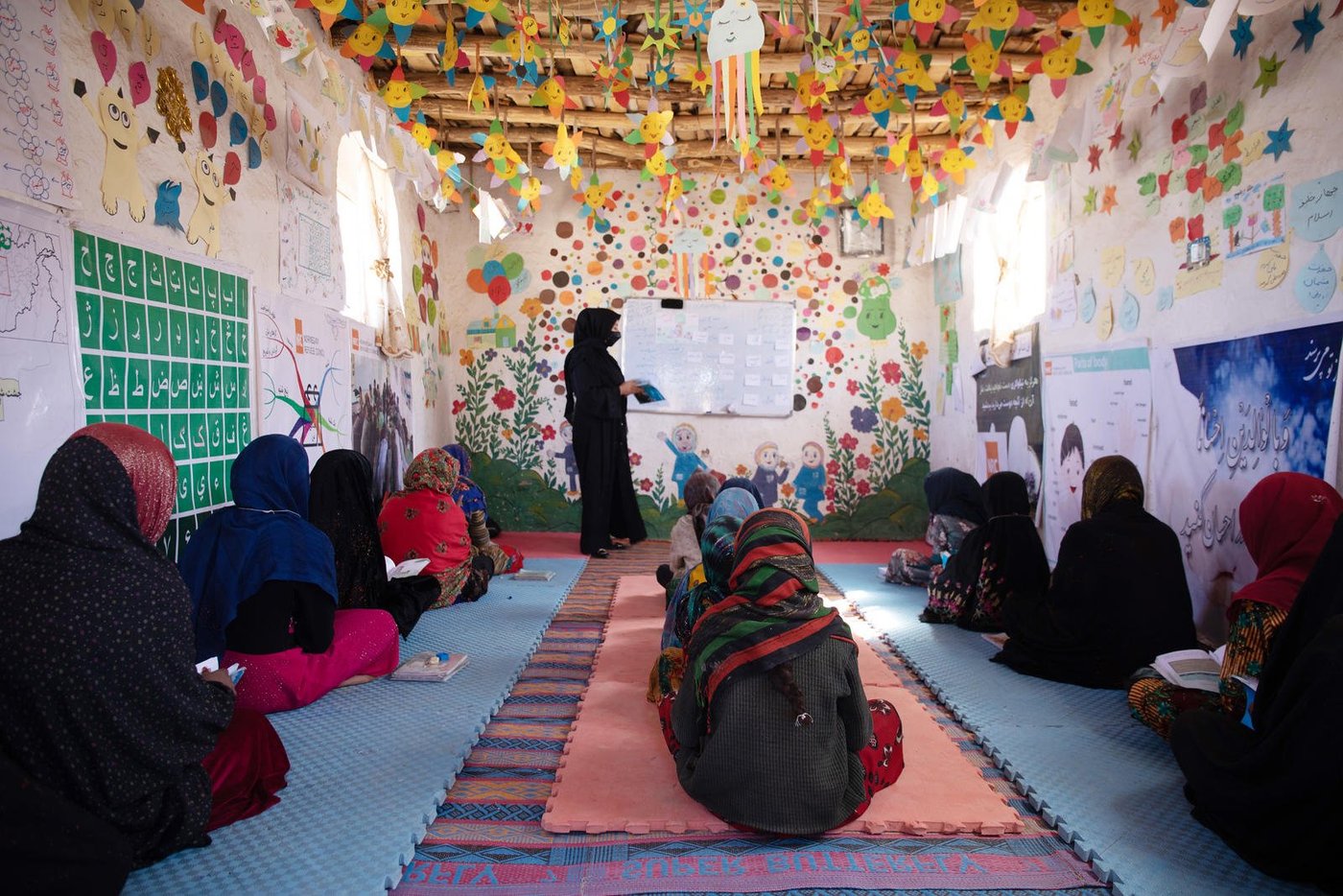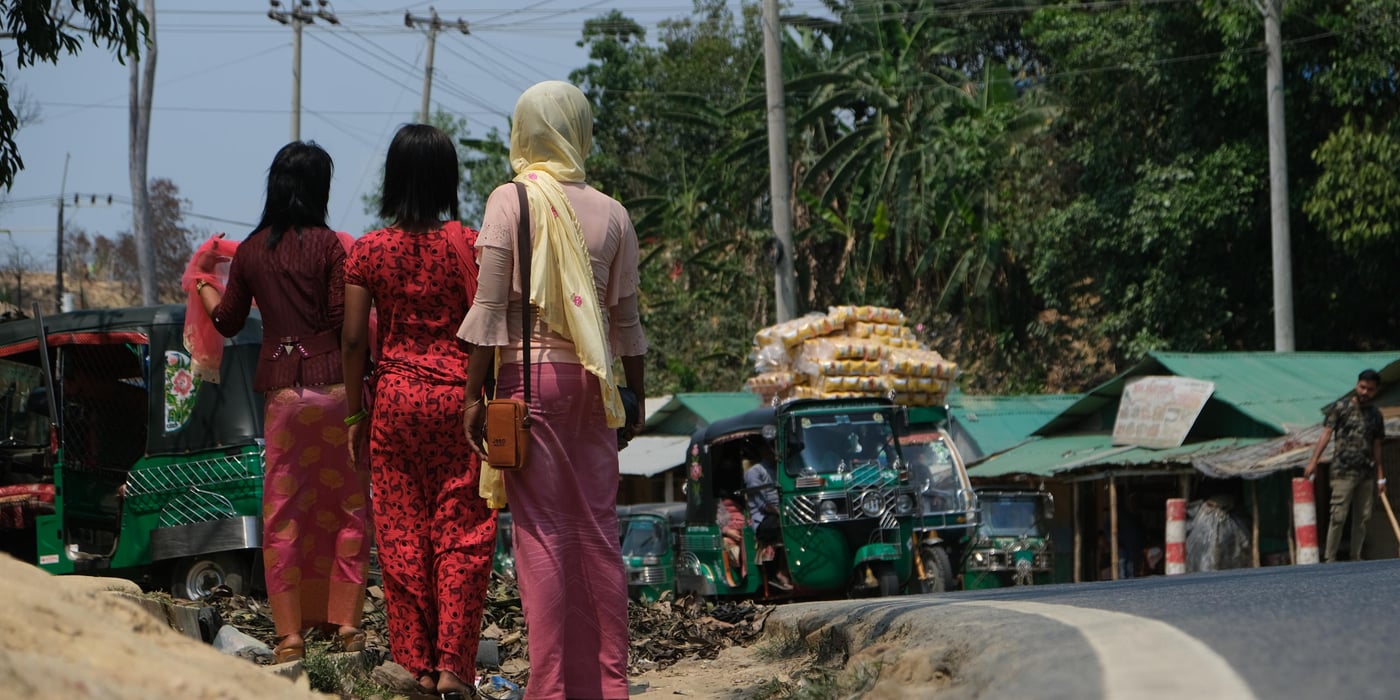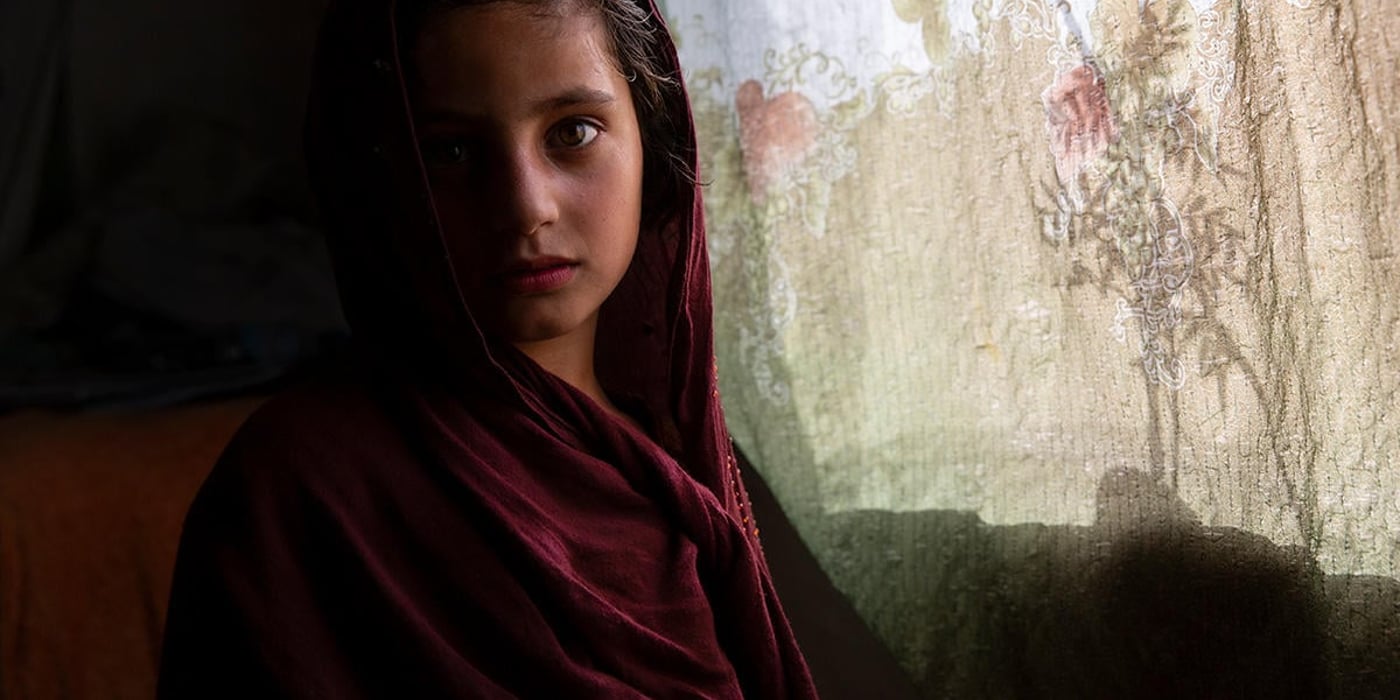***
In a rural village, the sun rose gently over a group of eager young students. It was 8 am on a beautiful morning, and the students were filled with laughter and joy as they made their way to their classroom at the local Norwegian Refugee Council (NRC) education centre.
As the dedicated teacher, I eagerly awaited their arrival, filled with positive energy and excitement for the day ahead.
As the students entered the classroom one by one, a sense of harmony and respect filled the air. Each greeted me with “Asalaamu-alikum-warahamatullah”, a traditional Islamic salutation, and asked for permission to enter. With a warm smile, I welcomed them inside, encouraging them to find their usual seats.
Amidst the joyful chatter, I noticed that one of my most brilliant and cheerful students, Zala, 11, arrived late that day.
Something seemed amiss as I caught a glimpse of her tear-stained face. Concerned, I approached her gently, inquiring about the reason for her tardiness.
Zala remained silent for a moment, her emotions overwhelming her. With a heavy heart, she finally mustered the courage to share a deeply troubling truth - her father had sold her.
Shocked and saddened by her revelation, I implored her to elaborate, desperate to understand the extent of her suffering.
Through her tear-filled eyes, Zala spoke of her family's dire poverty and their struggle to secure even the most basic necessities. Her mother, gravely ill and in desperate need of medical treatment, added to their burdens. Despite her father's request for assistance in their community, no help arrived, leaving them desperate and vulnerable.
Exploiting their difficult situation, someone took advantage of Zala’s family's plight and proposed an arranged marriage. In the face of mounting pressures and a desperate need for financial support, her father reluctantly agreed.
“Poverty makes me forget my little daughter's childhood, and I have already given a signal of agreement to them. The lenders are asking me to return their loans,” says her father.
Zala looked into her mother’s eyes and saw painful tears flowing. Her mother reluctantly voiced her consent, hoping that this marriage might bring stability and a brighter future for their daughter.
The next morning, as Zala stood outside her home with her backpack, a small convoy of vehicles appeared, carrying more than ten people. Anxious and surprised, Zala's father proudly introduced her from afar as their future daughter-in-law. Overwhelmed and heartbroken, Zala went to her class, carrying the weight of her tragic circumstances with her.
As her teacher, I had the privilege of witnessing Zala's growth and potential over the years. Our bond went beyond the classroom, as we understood each other's struggles and supported one another.
Listening to her heart-wrenching tale, I could no longer contain my emotions. Overwhelmed with grief, I left my classroom and sought solace in my mother's arms, allowing my tears to flow freely as I shared the tragic story with her.
***
This situation is not unusual in Afghanistan, where increasing poverty drives parents to make impossible choices in order to survive.
“The Afghan people need long-term sustainable solutions to end the humanitarian crisis,” says Neil Turner, NRC’s country director in Afghanistan. “NRC urges the authorities in Afghanistan to uphold their obligations as duty bearers, towards all members of the population, including enabling unhindered and principled humanitarian access and education for women and girls.”
The people of Afghanistan deserve better, and we can do better.





